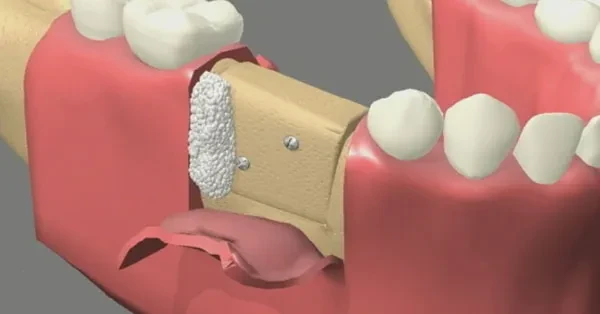Overview of Risks and Benefits of Bone Grafting in Washington
Bone grafting might sound like something from a medical drama, but for many patients in Washington, it’s the essential first step toward restoring a full, healthy smile. Whether you're prepping for dental implants or addressing bone loss after tooth extraction, bone grafting helps rebuild the jawbone to support long-term oral health. But like any surgical procedure, it comes with its share of benefits and a few risks. If you’re considering this treatment, it’s important to make an informed decision.
In our previous blog, we explored what to expect during bone grafting treatment, from the initial consultation to the final therapy. In this blog, we break down the major advantages and possible complications of bone grafting to help you prepare confidently for the journey ahead.
Top 4 Benefits of Bone Grafting
To decide whether it's right for you, here are four compelling benefits of professional bone grafting that can make a big difference in your smile:
-
1. Restores Bone Structure for Future Procedures
One of the biggest advantages of bone grafting is its ability to rebuild and strengthen areas of the jaw where bone has deteriorated. This is crucial for patients planning to receive dental implants in Washington, as implants need a strong bone foundation to anchor properly.
-
2. Preserves Facial Aesthetics
Tooth loss and shrinking jawbones can result in a sunken face appearance. Bone grafting fills in those gaps, helping maintain a more youthful and symmetrical look, especially around the cheeks and jawline.
-
3. Prevents Further Bone Loss
Bone tissue, like muscle, requires stimulation to remain healthy. Without teeth, the jawbone starts to degenerate over time. Bone grafting not only replaces damaged bone but also helps to prevent further deterioration by stimulating new bone growth.
-
4. Enhances Oral Function
Rebuilding the jawbone enhances chewing strength, improves bite alignment, and enhances overall mouth function. It lays a stable foundation for future restorations or implants, giving you the freedom to eat, speak, and smile with confidence.
4 Potential Risks of Bone Grafting
Bone grafting is generally safe, although it does have some hazards, including infection, graft rejection, nerve sensitivity, and extended healing durations. Being aware of these helps patients make informed decisions and take necessary precautions for a smooth recovery.
-
1. Infection or Inflammation
As with any surgical procedure, there’s a chance of developing an infection at the graft site. While uncommon, your oral surgeon will constantly track the healing process and may administer antibiotics or saline rinses to reduce the risk.
-
2. Graft Rejection or Failure
In some cases, the body might not accept the grafting material, resulting in graft failure. Factors such as smoking, poor oral hygiene, or underlying health conditions can increase this risk.
-
3. Nerve Damage or Discomfort
If the graft is placed too close to a nerve—especially in the lower jaw—it may result in temporary tingling, numbness, or sensitivity. This is typically rare and often resolves over time with proper care.
-
4. Prolonged Healing Time
Bone grafting is not a one-time solution. Depending on your body’s natural healing ability and the type of graft used, it can take several months before the site is ready for further treatment. This might delay your overall dental restoration timeline.
Sedation Options for Nervous Patients
For those anxious about undergoing oral surgery, sedation dentistry in Washington offers a stress-free way to manage discomfort and fear during the procedure. Depending on your needs, options may include oral sedation, IV sedation, or even general anesthesia, all administered under expert supervision to ensure your safety and relaxation.
Conclusion
While bone grafting may sound intimidating, it plays a vital role in many dental restorations, especially for patients looking to regain function, aesthetics, and confidence. Understanding the risks and benefits can help you weigh your options wisely and have more productive conversations with your oral surgeon.
If you're considering bone grafting in Washington, be sure to consult with a skilled and experienced oral surgery team. With the right guidance and care, the procedure can offer transformative results, setting the stage for a healthier, more complete smile. Call now at (202) 618-7007!






4.9 Stars
based on 134 reviews
5 Stars
based on 11 reviews
5 Stars
based on 11 ratings